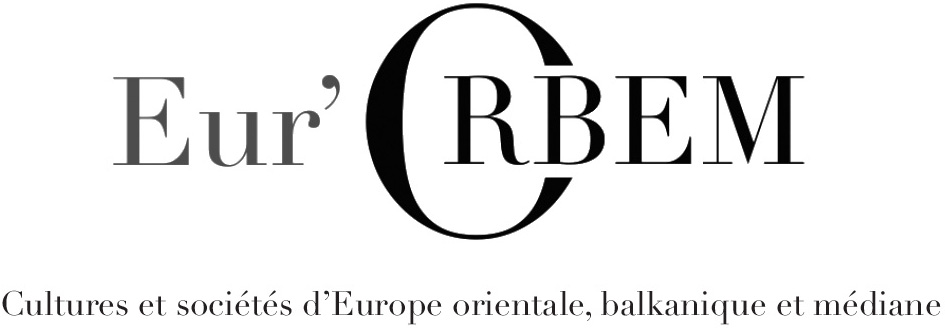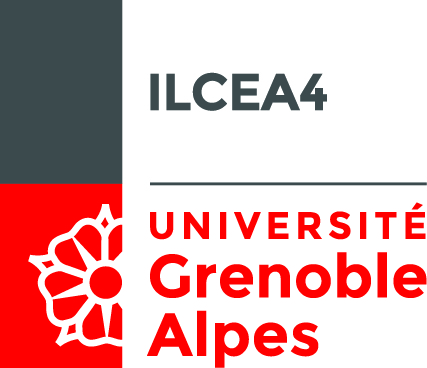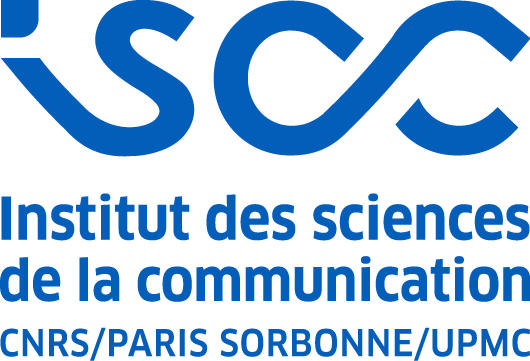Detail
of the research theme
Russia is a zone of high tension between globalized digital freedoms and national internet management policies officially justified on grounds of network security. Since the early 2000s, Russia has seen the simultaneous development of an unfiltered web and the increase of an authoritarianism wary of civic freedoms. In addition to the government’s own domestic behavior, it is often also accused of hacking international organizations, orchestrating cyber-attacks and interfering in the election processes of foreign countries. In 2018, in a context of presidential elections in Russia, these tensions are likely to harden even more. In this phase of authoritarian clampdowns and international meddling, the present project sets out to analyze how Russian web operators resist and adapt to the new national regulations that have been imposed in the 2010s. Compared with the currently available literature, the research project innovates by including an investigation of online resistance in Russia that reveals less well-known social practices and techniques for circumventing online constraints. It is intended, beyond Russia, to contribute to thinking about changing patterns in politics as it is exposed to information and communication technology (ICT) in the modern world.
The project comprises three major complementary tasks. Task 1 is devoted to exploring the resistance and arts of circumvention put up by web professionals (hackers, access providers, engineers, experts, etc.) against new legal and technical internet regulations in Russia. It will examine the technical innovations and unorthodox applications of the web that are used to circumvent or combat these institutional constraints. Task 2 analyses the way “public-arena professionals” (journalists, publishers, urban entrepreneurs) appropriate, use and promote circumvention tools; how they make use of these tools to devise innovative compromises enabling them to resist constraint and remain present and active in the public arena. Task 3 examines exile as a strategy for escaping new online coercion. It addresses the strategies of web and public-arena professionals (hackers, journalists, publishers) who opt to leave their country in order to develop digital practices and their roles as agents in circulating international digital knowhow. It also deals with the migration of internet infrastructure (such as offshoring servers).
The project involves a multidisciplinary team carefully picked for the research objectives with competencies in the study of social resistance and mobilization, innovation in the sociology of science and digital technology, and excellent field knowledge of Russia. It will produce significant scholarly findings, to be published in international publications (articles in indexed journals, an English-language edited volume) and at international conferences. Its main findings will be uploaded to a website (in French, English and Russian) for the general public and publicized in the media. This research will contribute to a better understanding of digital resistance in an online world where security fears and national control policies are potentially harmful to democracy. It will be part of a greater expertise on these matters of value to public institutions and civic society organizations.


